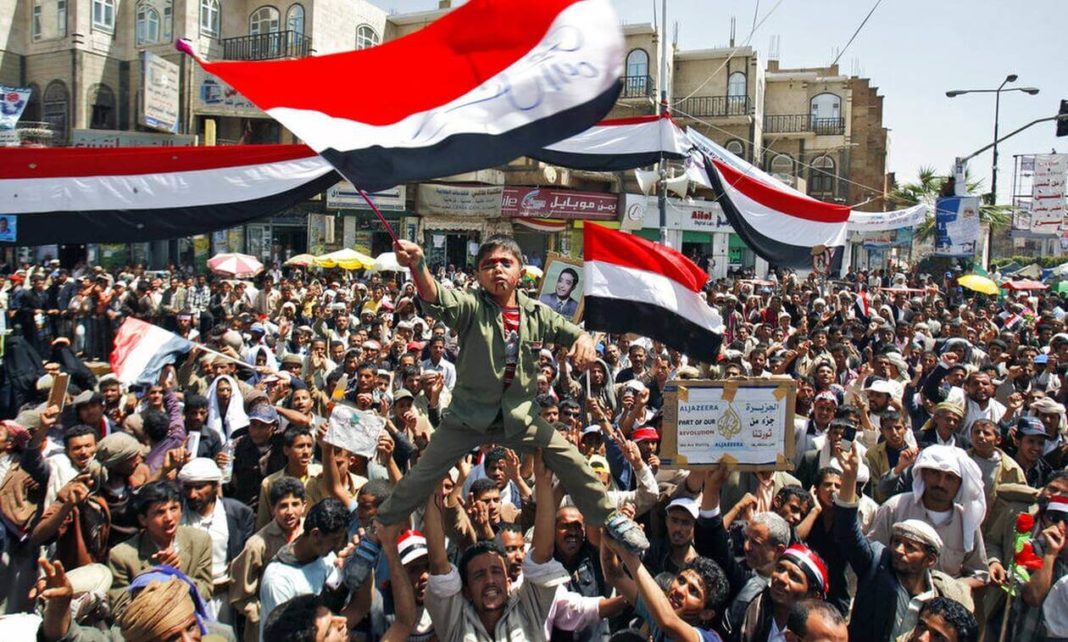Three people were killed Wednesday in violent riots in Aden and other southern Yemeni cities on the sidelines of protests over extreme poverty and power outages in areas controlled by the Saudi-led coalition.
Two protesters were killed in Aden and Mukala, in the neighboring district of Hadramaut, according to eyewitnesses. Security forces fired live ammunition to disperse the crowd that had gathered in the two cities.
One protester was killed overnight, also in Aden, while dozens more were injured.
Hundreds of people hurled stones at security forces, blocking roads, setting fire to buildings and cars in the Hur Maksour, Crater and Sheikh Othman districts of Aden.
” We came to protest because our lives have become lifeless. There is no electricity, no water, we do not buy anything with the salary. “We will not wait until we die, ” said Ahmed Saleh, a 34-year-old civil servant.
In the last two days, similar mobilizations have taken place in the provinces of Samboa and Abyan.
South Yemen has been paralyzed by a power struggle between the Saudi-backed government and the United Arab Emirates-backed separatists. The two countries are theoretically allies in the coalition fighting the Houthi rebels in northern Yemen.
The Southern Transitional Council (STC), which seeks independence for the south, occupied Aden and other areas before Saudi Arabia proposed a power-sharing agreement to focus its allies on the ground in the war with the Houthis.
The streets of Aden were calm this morning but the shops and offices of the humanitarian organizations remained closed. Burnt cars were still smoking in many parts of the city. After sunset, protesters began to gather again in the dark streets, in many neighborhoods.
A STC spokesman called on separatist supporters to protest again today against the “occupation” of the government of President Abd Rabbo Mansour Hadi.
Eyewitnesses said dozens of protesters stormed the Maasik presidential palace, home to the Khandi government. The government said security forces would protect the protesters but would not tolerate ” the destruction of public and private property “.



